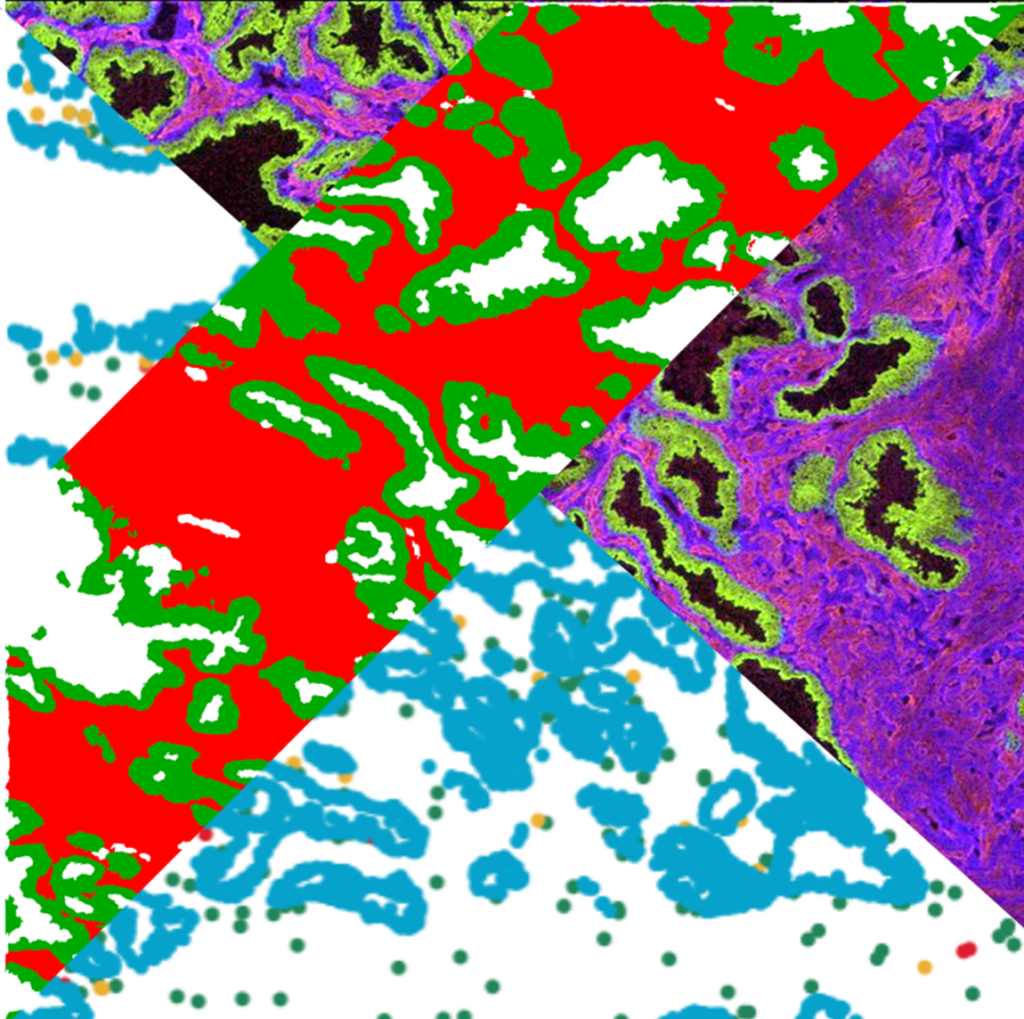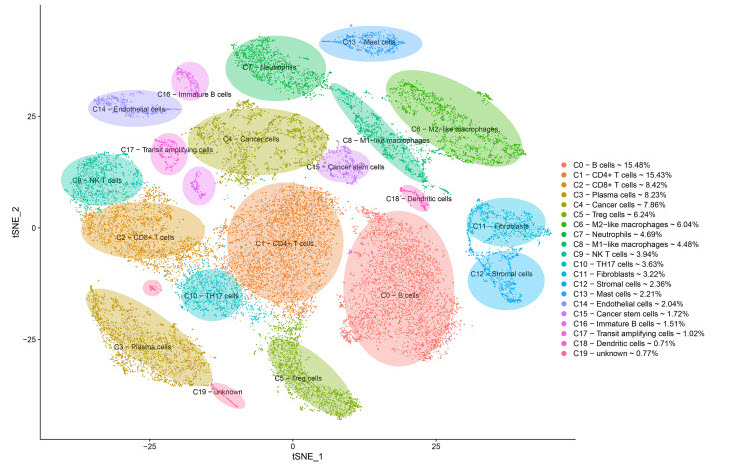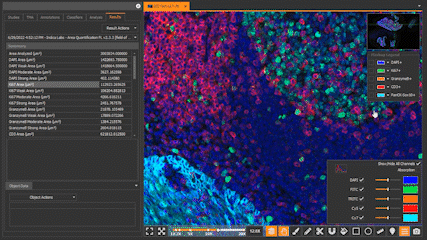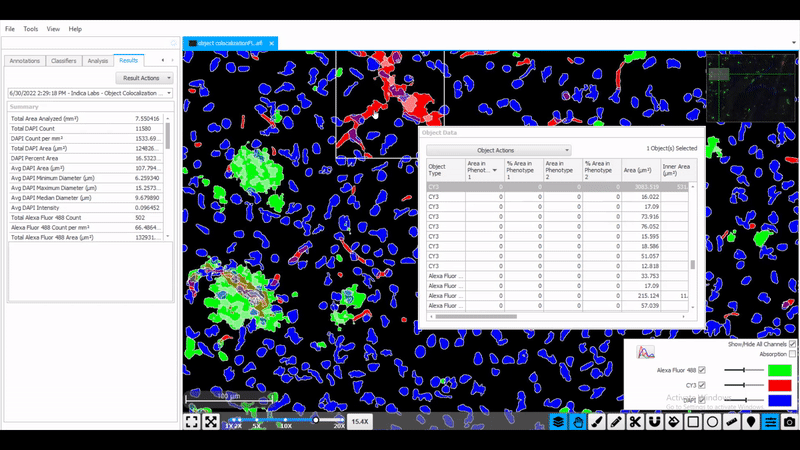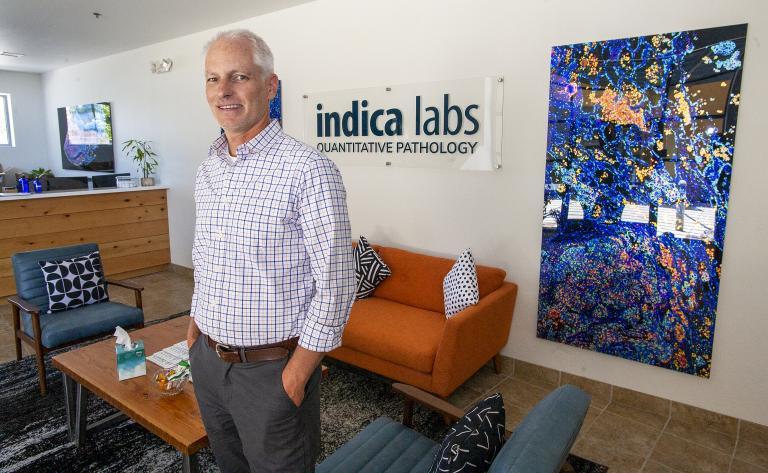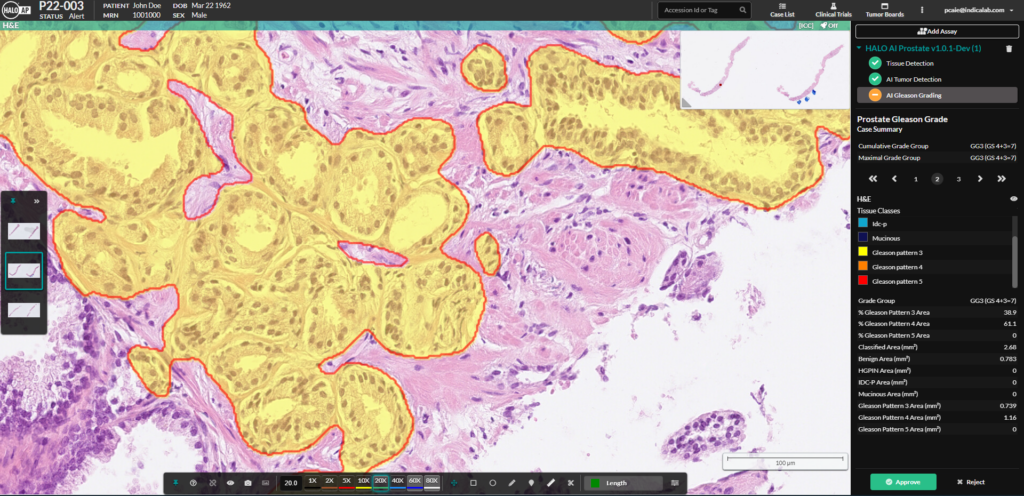Using Spatial Biology & Advanced Image Analysis Solutions to Decipher Tumor Microenvironment and the Drivers of Cancer Progression by Mass Spectrometry Imaging (MSI) and Imaging Mass Cytometry (IMC)
22 September 2022 | Join us for this 1-hour webinar and learn how MSI and IMC are advancing spatial biology through integration with other imaging and omic analyses
